Model Reduction and Scientific Machine Learning for environmental and urban flows
Please login to view abstract download link
The proportion of the global population residing in cities is rapidly growing and is projected to reach 80% by 2050. This trend underscores the need for efficient and reliable methods to model the urban microclimate. Such models play a vital role in helping urban planners and policymakers design more comfortable and sustainable cities. Given that pollutant dispersion at the urban scale is influenced by daily weather conditions, computational fluid dynamics (CFD) models with fine mesh discretization, low time scales, and repeated evaluations are required. These demands result in significant memory consumption, necessitating the use of high-performance computing (HPC) to obtain results within a reasonable timeframe. To address this challenge, Reduced Order Models (ROMs) offer a promising solution by enabling faster convergence with minimal loss of accuracy. The proposed methodology supports real-time predictions of urban air pollution for various test scenarios. Initial demonstrations are presented for a small section of Bologna, along with preliminary results for a larger test case. The problem is parameterized by the direction and intensity of the velocity field at the computational domain's boundary.

